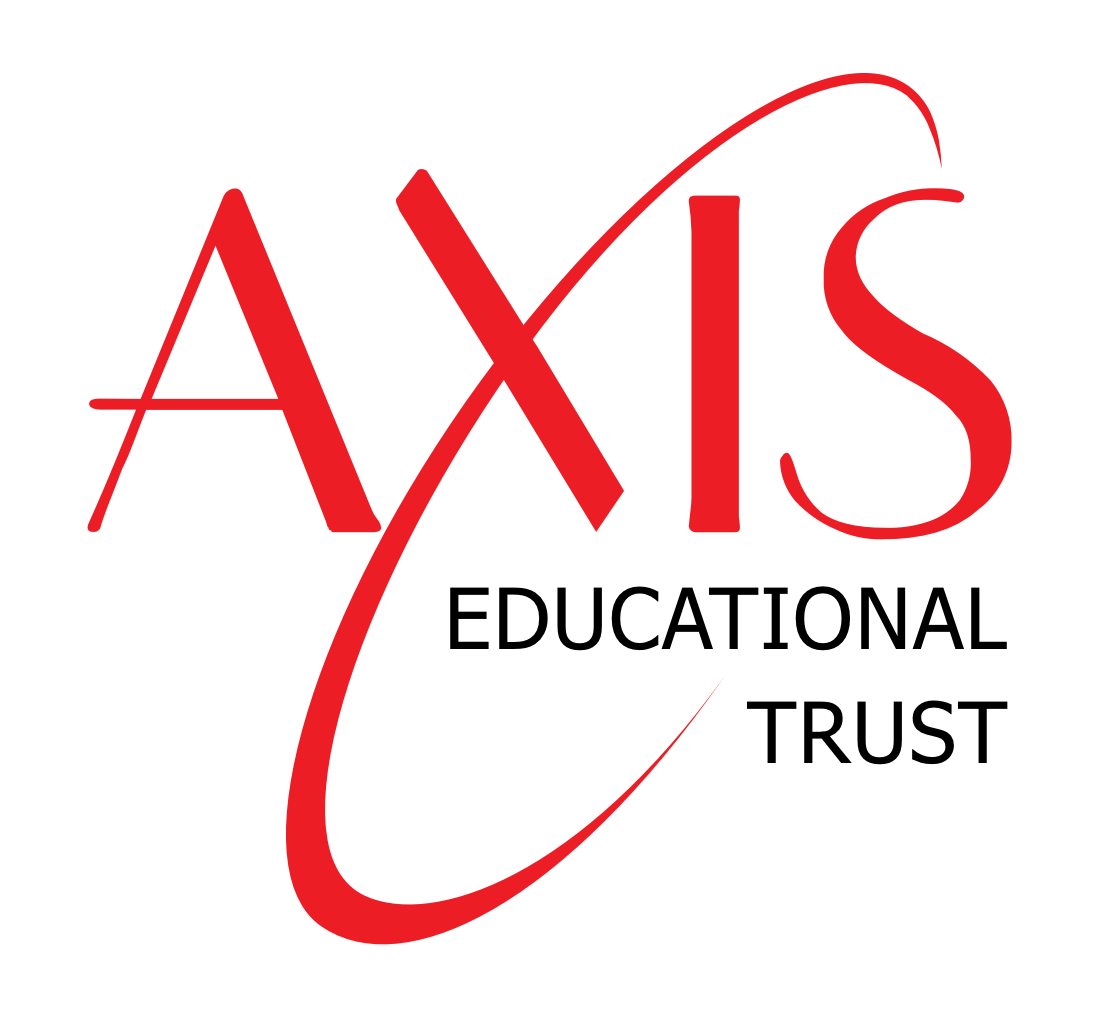Close the Gap (Covid-19)

Children and Young people whose families cannot support them for their education either because of financial difficulties or language and education barriers face various problems like low attainment and behavioural problems at school, pressure-related poor mental health, lack of social integration and exploitation by criminal groups.
Covid-19 has changed or intensified the disadvantages faced by the children and young people we support. The added stress and financial pressures at home as a result of job loss, childcare and higher day-to-day costs of living had worsened the situation for many children and young people in terms of mental health and access to vital education, interaction and support. Many children have lost their daily routine and sense of responsibility for learning and personal development due to instability and lack of guided teaching during COVID 19 pandemic. Unfortunately, children from low-income families have been left uneducated and unmotivated as they could not sign up for online tuition like many other families with financial means. We are concerned that spending a lot more time at home have magnified the risks of abuse and neglect for the vulnerable children and young people. Fewer opportunities to socialise and learn and more unsupervised use of the internet at home have had a negative effect on children’s well-being and mental health. The side-effects of the pandemic will be still present in the next 18 months and we have to create sustainable solutions to deal with them.
The project will be delivered partly in our tuition centre in Enfield, where the deprivation rate and child poverty is higher than the UK and London average. We will also deliver the same sessions online. Our project will initially run for 20 weeks and longer if we can secure further funding to support our beneficiaries. The students will be taught in KS2 Lower, KS2 Upper, KS3 and GCSE groups according to their age.
Majority of our beneficiaries are children and young people from the following background and they may be eligible if they are having free school meals, or referred by their schools or local authority agencies:
* Low-income families
* lone parents,
* in Care
* Refugee and asylum seekers
* Black, Asian and Minority Ethnic Groups (BAME)
